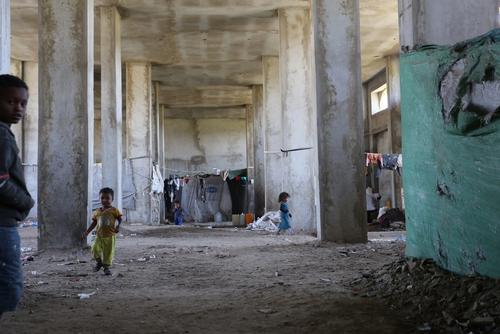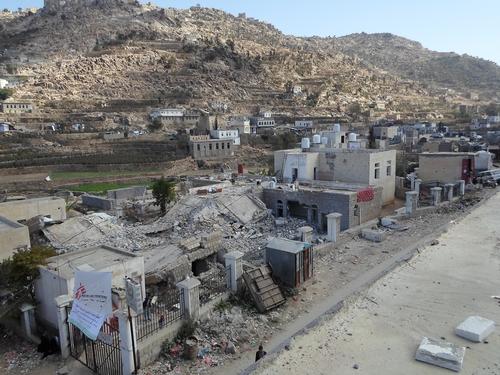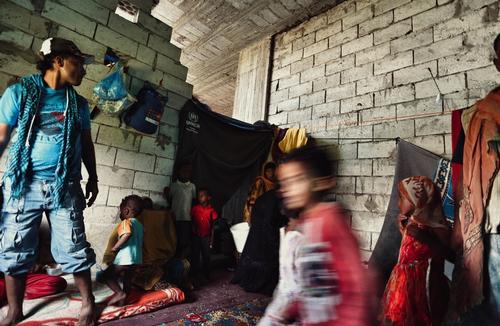On Thursday 17 November, the first day of the newly announced ceasefire in Yemen, after intense clashes 76 war-wounded patients were admitted to MSF-managed or supported emergency rooms in Taiz on both sides of the front-line. Twenty one people were dead on arrival. Most of the patients were suffering from fractures, severe burns, open wounds and lacerations, and internal injuries.
"Sadly, one of our colleagues who worked as a watchman at the MSF trauma centre in Taiz was killed whilst he was off duty when a blast hit a local market," said Djoen Besselink, MSF's Head of Mission in Yemen. "This is another heartbreaking example of a hardworking citizen affected by this ongoing conflict. We are deeply saddened by the loss of our colleague and extend our heartfelt condolences to his family and his friends."
Fighting has been intense in Taiz over recent days, and the hospitals on both sides of the front-line have received a continuous influx of war-wounded civilians and fighters.
In the last 19 months, Taiz has witnessed some of the heaviest and most sustained fighting in Yemen. This has had a profound impact on the medical and humanitarian situation in the city. The few functioning hospitals that remain lack staff and essential supplies, and access to healthcare for the wounded and sick is severely compromised by the active front-lines.
"What's happening in Yemen is totally unacceptable. Since May 2015, MSF has treated more than 10,000 war-wounded patients in Taiz alone. In October, MSF-supported hospitals treated nearly 500 patients with violence-related injuries, 23 per cent of whom were women and children", said Besselink. "According to the patients themselves or their caretakers, many of the wounded were at home, at the market or on their way to their fields when they were injured by airstrikes, shelling or gunshots."
MSF strongly reiterates its call for all warring parties in Yemen to respect the fundamental principles of humanitarian law by ensuring the protection of civilians and medical services.






